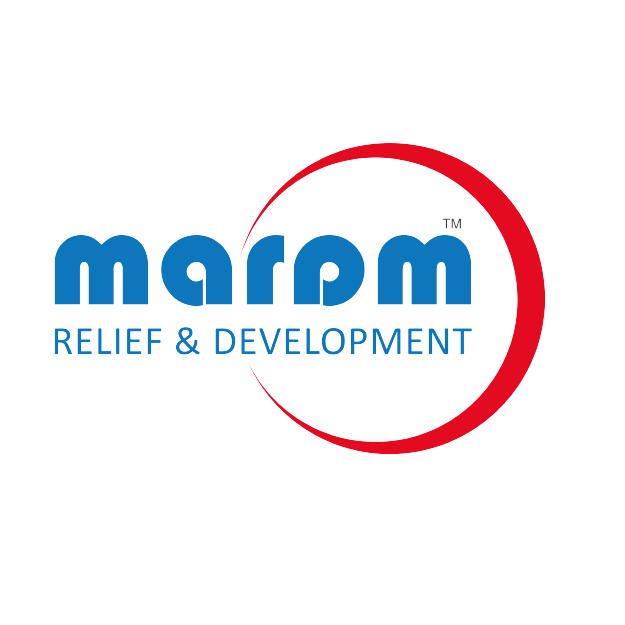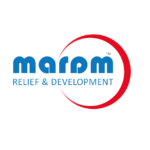FOOD SECURITY & LIVELIHOOD FSL
Maram Foundation, CCCM GUIDE.
What is FSL?
MF food security and livelihood program focuses on providing long-term sustainable solutions to minimize the likelihood of food insecurity and mitigate disruptions to agricultural production. Designed in collaboration with the local communities, the agricultural interventions are context-specific and consider both the immediate and long-term needs of families; with actions aimed at increasing agricultural production, protecting assets, increasing the production capacity of farmers and promoting income generation.

Why FSL?
Before the crisis in Syria, the agriculture sector was the mainstay of the productive economy, contributing 18 percent of the gross domestic product, while simultaneously providing employment and livelihood opportunities to roughly half of Syria’s population. However, the crisis has had a severe impact on agriculture-based livelihoods, through the destruction of infrastructure and farming equipment, and the disruption of food production, processing and marketing.
Food security programs help families diversify incomes, save for the future, increase production and ensure that their children are well-nourished so that they thrive and reach their full potential. FSL also help to improve long-term food security and increase resilience.

FSL MISSION
The central mission of FSL programs is to support the livelihoods of communities and households affected by the conflict. Promoting the sustainable use of available resources and encouraging good agricultural practices, improves the lives of the most vulnerable by ensuring food security and sustainable development.
Supporting and building the capacity of individuals to produce, store and market food ensures that at a minimum, families can meet the basic requirements of access to food. The long-term mission seeks to build resilience to future shocks and to promote self-sufficiency through income generation and equitable sharing of benefits arising from project activities.

FSL EXPERIENCE
In the years since the Syrian Conflict erupted, agriculture and food production have been severely impacted by the mass displacement of the population, the disruptions to income, economic deterioration and of course the destruction of the land. Ecologically, prolonged drought and flash flooding have exacerbated food insecurity. Local communities experience unparalleled challenges in the face of mounting pressures, increasing costs of fertilizers, seeds, and pesticides and, significant shortages of fertile lands prevent farmers from cultivating their fields and producing agricultural output.
It was with this knowledge that Maram Foundation in partnership with FAO initiated the FSL program in Idlib Governate in 2016, which resulted in the distribution of winter vegetable kits to 2000 households and 100 wheat seeds to 100 farmers in Sinjar, Altmanaah and Heish. In 2017, the project expanded to Aleppo Governorate, and 3000 households in Al-Bab and Ar-Ra’ee received vegetable homestead kits and vegetable micro garden kits.
In addition, both projects involved awareness raising on good agricultural practices, capacity-building, and agricultural vocational training. In all projects, MF is always sensitive to the roles of women, men, boys and girls in promoting the need to safeguard natural resources for the current and future generations. Through interventions tailored to the specific context of communities facing food insecurity and poverty, we can make it possible to provide sustainable differences for families in need.

ACTIVITIES
SHORT TERM
- Mitigating new risks and challenges and promoting positive coping methods and agricultural cultivation for sustenance and nutrition.
- Providing key agricultural resources such as vegetable seeds and wheat crops that are appropriate to and durable to seasonal changes.
- Replacing and distributing productive assets such as farm tools.

LONG LIVELIHOOD
Increases in agricultural cultivation and production encourage self-reliance and income-generating within households.
All project activities are designed with and for local communities, with the full cooperation and support of local councils and authorities. The initiatives strengthen and promote capacity development and income generation.

LIVELIHOOD
Strengthening capacities for Good Agricultural Practices
- Land Preparation and Maintenance
- Crop rotation consideration, crop establishment methods
- Plant nutrient requirements, types of fertilizers, production of organic fertilizers
- Water and irrigation management techniques
- Principles of integrated pest management
- Weed, pest and disease control
- Appropriate storage techniques and growth promotion

SHARE

